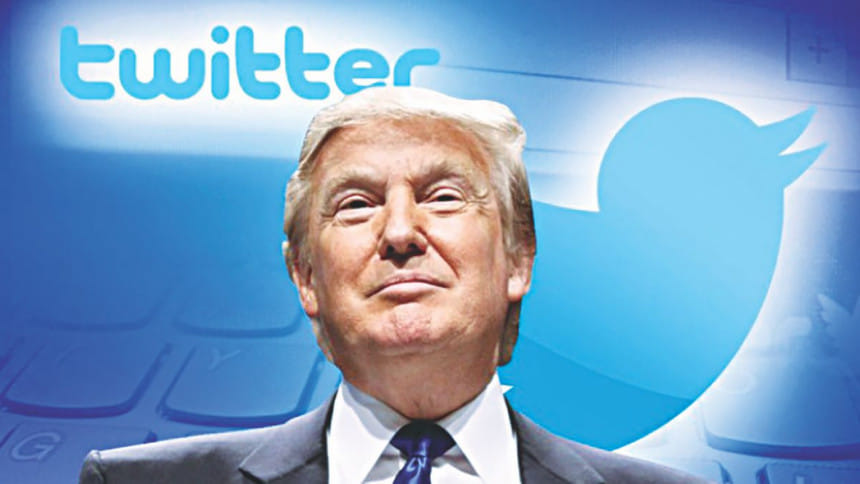TRUMP TWEETER CASE: Citizens' unrestricted access to their government

Can you“block”anyone from your Facebook, Twitter and Instagram? A cursory reading into our constitutional freedom of speech and privacy would suggest a YES. You can and should be able to control your personal space in social and public forums.The answer however may be a NO if you somehow get placed in a public office.
In the recent case of Knight First Amendment Institute at Columbia University v Donald Trump (May 2018), the U.S. President Donald Trump and his legal team argued that blocking undesirable persons from President's Twitter Account is permissible because the President retains a personal and constitutional (First Amendment of the U.S. Constitution) interest in choosing the people to associate in his social media. Trumps' lawyers also argued that social media audiences have no right to be heard and their views be amplified by a government audience like President. The New York District Court rejected the argument claiming that public official's right to limit his audiences cannot trump the people's freedom of speech –their right to speak freely to advocate ideas in public forum.
The principal question facing the court in Donald Trump case was whether a public official may, as per the U.S. First Amendment, “block” a person from his Twitter account in response to the political views of that person. Blocking someone from a public official's account would violate his/her freedom of speech in two senses - Social media account of public officials like President Trump's constitutes a “Public Forum” where freedom of speech is protected. The blocked petitioners would be restricted from engaging in political speech and such “speech on matters of public concern” which “fall within the core of First Amendment protection” (Engquist v Ore. Dep't of Agric., (2008)).
Though Twitter is a private company that is not government-owned, the President and his staffs nonetheless exercise control over various aspects of the account. The extent to which the President and his staffs can, and do exercise control over aspects of the account are sufficient to establish the government-control element. Additionally, record establishes that (1) the account is presented as being registered to Donald J. Trump, '45th President of the United States of America, Washington, D.C.,' (2) the tweets are official records that must be preserved under the Presidential Records Act, and (3) the account has been used in course of the appointment of officers (including cabinet secretaries), the removal of officers, and the conduct of foreign policy—all of which are squarely executive functions. Donald Trump's account therefore remains a presidential account as opposed to a personal account and hence a property dedicated to public use.
The U.S. Supreme Court has in principle accepted internet (including social media platforms such as Twitter) as one of “modern public square” for the exchange of views, (Justice Anthony Kennedy in Packingham v North Carolina, (2017)). Even if we consider internet as a non-traditional space of public interaction, it would constitute interactive public space if the state intends it for use by the public (Perry Educ. Association v Perry Educators' Association (1983)) or a class of speakers in general (Arkansas Ed. Television Comm'n v Forbes, (1998)).
Donal Trump's Twitter account is generally accessible to the public at large regardless of political opinion, race or restriction whatever. Anyone with a Twitter account may participate in the interactive space by replying or retweeting the Trump's tweets. The account is officially represented as a means through which the President “communicates directly with the American people!” Taking these factors together, the court concluded that the interactive space of a tweet from the account constitutes a designated public forum.
While opening in social media, public officials don't lose their personal right to ignore unpleasant views however. “[A] person's right to speak is not infringed when government simply ignores that person while listening to others,” (Smith v Ark. State Highway Emps, (1979)). Nor is the individual right violated when government “amplifies” the voice of one speaker over those of others (Minn. State Bd. v Knight, (1984)). But government cannot go beyond that to actively restrict “the right of an individual to speak freely to advocate ideas.”
To this end, muting someone could serve the public official's right to ignore some and to selectively amplify the voices of certain others. But Blocking restricts the right of the blocked person to speak altogether. This is impermissible under the First Amendment guarantee of freedom of speech.
The writer is an Assistant Professor of Law, University of Chittagong.

 For all latest news, follow The Daily Star's Google News channel.
For all latest news, follow The Daily Star's Google News channel. 



Comments